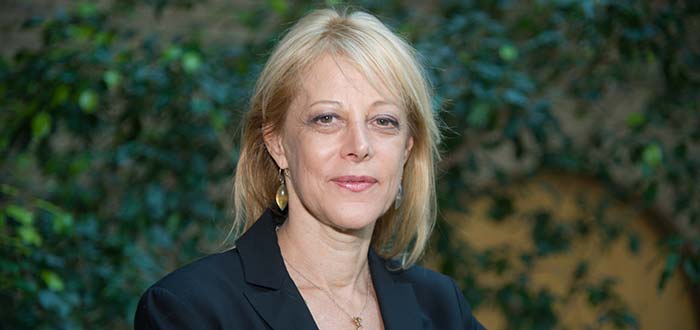Karen Greenberg was quoted in WIMS AM 1420 radio about the firing of FBI Director James Comey by President Trump and its similarities to Nixon’s ‘Saturday Night Massacre.’
There are other important differences between the firings as well. Karen Greenberg, director of the Center for National Security at Fordham Law in New York, points to Nixon’s attorney general’s decision to resign instead of carrying out the order, while today’s Attorney General Jeff Sessions supported Trump’s move, although he is not supposed to be involved in the investigation itself because of his previously undisclosed meetings with the Russian ambassador to the U.S.
“At this point, abuse of power and obstruction of justice are the main issues, and it’s important to point that each one raises many other, subsidiary issues,” Karen Greenberg said.
“One, in particular, is how Sessions could be a part of this firing when supposedly he recused himself from any participation in the investigation into the election.”
Additionally, in Nixon’s firing of Cox, a special prosecutor who was selected expressly to investigate Watergate with a fair amount of bipartisan support, Nixon was clearly interfering, Nichter said. Until more is known about what the FBI found in terms of Trump and his team’s ties to alleged Russian interference in the election, his motivation is less clear.
“With Comey, it’s a little different, because we don’t have all the facts yet,” Nichter said. “We can have another big headline here today, tomorrow, the next day.
“Trump still has some degree of plausible deniability because we don’t know all the facts regarding Russia and their involvement in the election. The veneer that Nixon could hide behind in the fall of 1973 when Cox was fired was much smaller and narrower. He had no plausible deniability.”
But the negative backlash is far from over, analysts said.
“The optics are hard to overcome, especially given Trump’s Twitter feed, the attacks on accusers and his meeting with Russian officials that excluded the U.S. press,” Karen Greenberg said.

